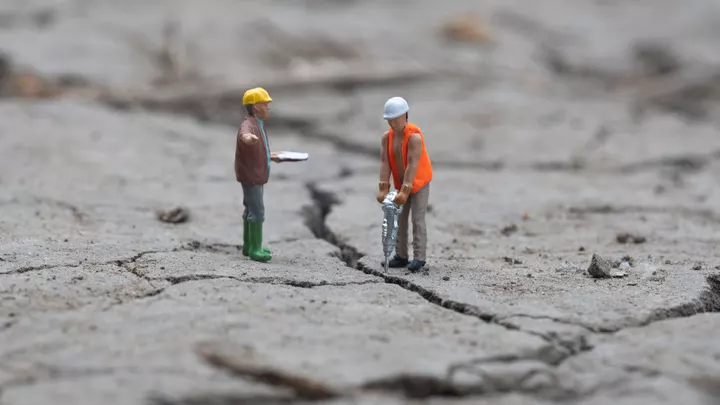Environmentally friendly materials and ERP: Two essential tools for the construction industry in The UK
As a builder in The UK, you know that building sustainable and environmentally friendly structures is becoming increasingly important. With the threat of climate change, it is up to us to take action and do our bit to reduce our carbon footprint.
Ecological building and business - how possible?
One way to achieve this goal is by using eco-friendly materials in our construction projects. These materials are made from renewable resources or recycled materials and are designed to be non-toxic and biodegradable. By using them, we can reduce the amount of waste we produce, reduce our reliance on non-renewable resources and minimise our impact on the environment.
For example, we can use insulation made from recycled materials, such as recycled denim or cellulose, instead of traditional fibreglass insulation. We can also use sustainably produced wood, bamboo or cork for floors and wall panels, instead of using materials that contribute to deforestation.
Digital solution
Besides using eco-friendly materials, we can also benefit from using an Enterprise Resource Planning (ERP) system. An ERP system is a software tool that integrates and manages all aspects of a business, from planning and purchasing to production and sales.
In the construction industry, an ERP system can help us streamline our operations, increase efficiency and reduce waste. For example, it can help us manage inventory levels and track the use of materials in real time, which can help us minimise waste and reduce the need for redundant ordering.
Moreover, an ERP system can help us manage our projects more effectively. By providing real-time data on project progress, resource allocation and costs, we can make informed decisions and adjust our plans if necessary to meet project goals.
Hand in hand
In short, the use of eco-friendly materials and ERP systems are two essential tools for the construction industry in Belgium. By using eco-friendly materials, we can reduce our impact on the environment and create more sustainable buildings. And by using an ERP system, we can streamline our operations and improve our efficiency, which ultimately leads to better project results and a stronger bottom line.
